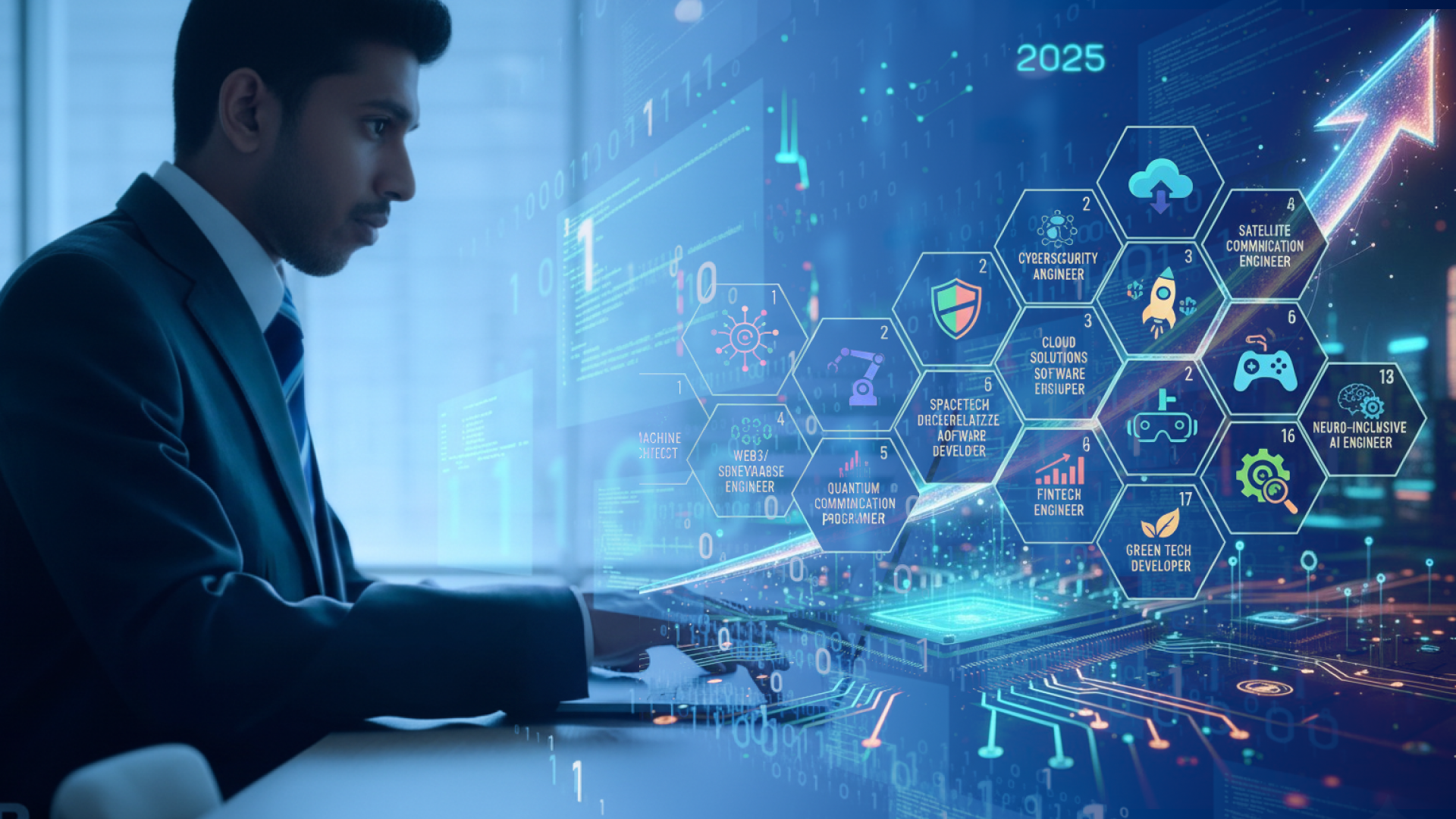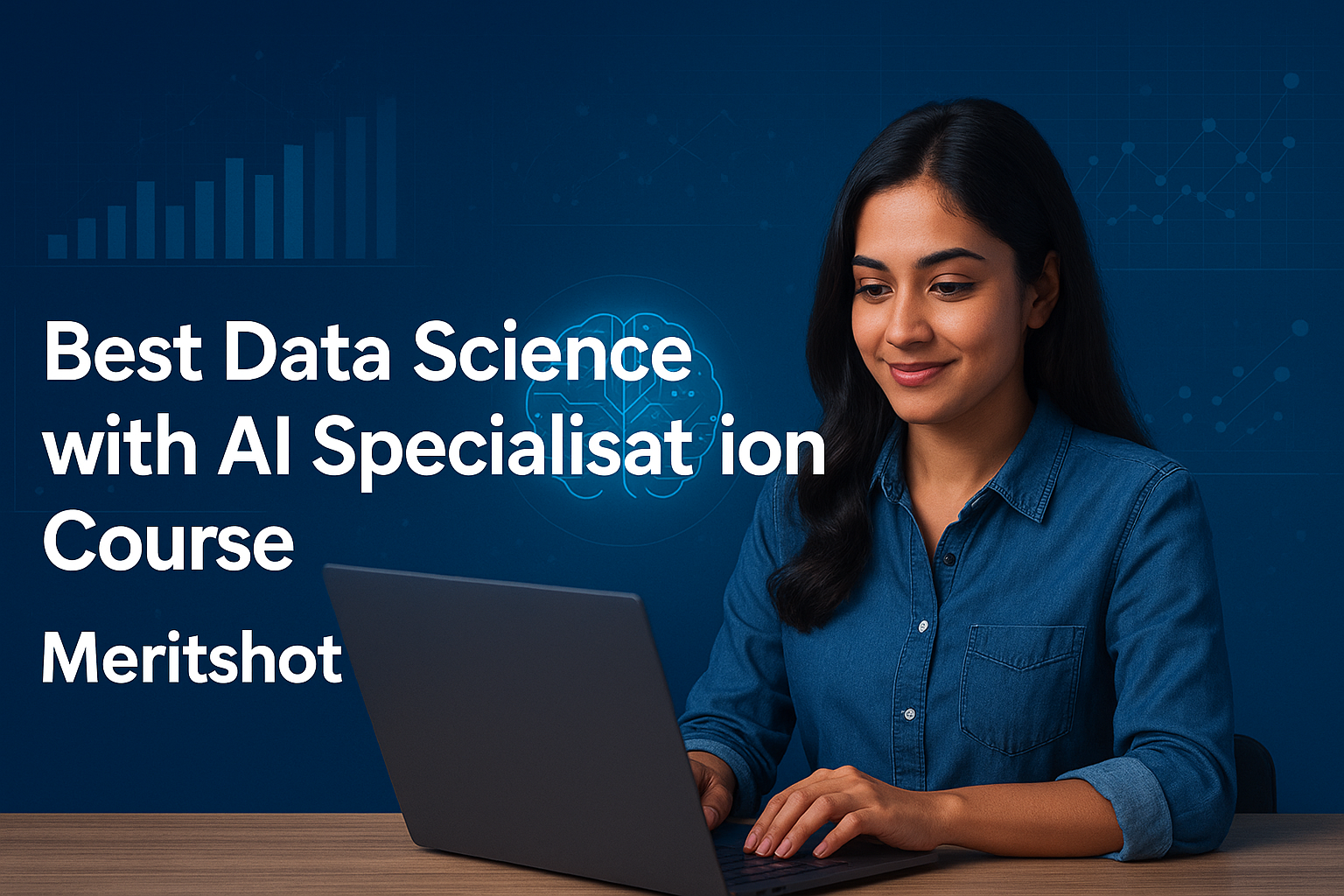Blog

Data Science Applications: Explore how data science is applied in various domains - Meritshot
Data Science Applications: Explore how data science is applied in various domains
January 12, 2024
Explore how data science is applied in various domains, such as finance, healthcare, marketing, and social sciences
.avif)

Data Science Applications
Explore how data science is applied in various domains, such as finance, healthcare, marketing, and social sciences
In the dynamic landscape of today’s digital world, data science has emerged as a pivotal force driving innovation and decision-making across a multitude of domains. From finance and healthcare to marketing and social sciences, the applications of data science have become indispensable. In this comprehensive exploration, we delve into the intricate ways data science is harnessed in various sectors, shedding light on the transformative impact it has on shaping strategies, optimizing processes, and driving insights.
1. The Financial Frontier: Precision in Predictions
In the realm of finance, data science plays a crucial role in risk management, fraud detection, and investment strategies. By analyzing historical market data and employing advanced predictive modeling techniques, financial institutions can make informed decisions. Machine learning algorithms, such as regression models and neural networks, enable precise forecasting of market trends, assisting traders and investors in making data-driven choices. Moreover, data science aids in detecting fraudulent activities by identifying patterns that deviate from the norm, ensuring the security of financial transactions.
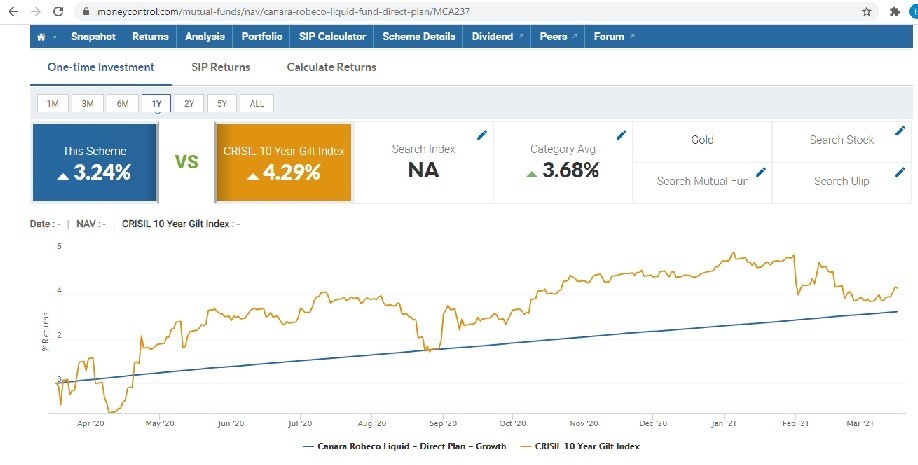
In addition to risk management, data science facilitates portfolio optimization, where algorithms analyze diverse asset classes and historical performance to create portfolios that maximize returns while minimizing risk. This iterative process, driven by data-driven insights, allows financial professionals to adapt swiftly to market changes. Furthermore, data science has opened new frontiers in algorithmic trading, where machine learning models analyze market signals in real-time, executing trades at speeds impossible for human traders. The synergy between data science and finance not only enhances decision-making accuracy but also propels the financial industry into a realm of unprecedented efficiency.
2. Healthcare Revolution: Personalized Medicine and Predictive Analytics
In healthcare, the integration of data science has brought about a paradigm shift, leading to the emergence of personalized medicine and enhanced patient care. By leveraging machine learning algorithms, healthcare professionals can analyze vast datasets, identifying patterns that contribute to disease diagnosis and prognosis. Predictive analytics assists in forecasting disease outbreaks, optimizing resource allocation, and improving overall public health. Additionally, data science empowers the healthcare industry to tailor treatment plans based on individual patient data, optimizing therapeutic outcomes and minimizing adverse effects.

Beyond individual patient care, data science is instrumental in epidemiological studies, where large datasets are analyzed to understand the prevalence and spread of diseases across populations. This enables public health officials to formulate targeted interventions and allocate resources efficiently. Moreover, the integration of electronic health records with data science tools enhances clinical research by providing a wealth of real-world patient data for analysis. The holistic approach of data science in healthcare not only transforms patient outcomes but also contributes to the advancement of medical research and public health strategies.
3. Marketing Mastery: Targeted Campaigns and Customer Insights
Marketers today rely on data science to gain a deeper understanding of consumer behavior and preferences. By analyzing customer data, marketers can create targeted campaigns that resonate with specific demographics. Machine learning algorithms enable the identification of patterns in consumer interactions, facilitating the creation of personalized marketing strategies. A/B testing, cohort analysis, and sentiment analysis are among the tools employed to optimize marketing campaigns, ensuring a higher return on investment. The precision and efficiency afforded by data science in marketing contribute significantly to building brand loyalty and driving business growth.
In addition to customer segmentation, data science aids in optimizing pricing strategies and inventory management. Dynamic pricing algorithms analyze market trends and competitor pricing to adjust prices in real-time, maximizing revenue. Inventory forecasting models leverage historical sales data and external factors to ensure optimal stock levels, reducing the likelihood of stockouts or excess inventory. The seamless integration of data science into marketing operations not only enhances customer engagement but also streamlines internal processes, fostering a more agile and responsive marketing environment.
4. Social Sciences Unveiled: Understanding Human Behavior
In the realm of social sciences, data science provides a powerful lens through which to analyze human behavior on a large scale. Social scientists utilize data-driven approaches to study patterns in demographics, sentiment analysis on social media, and the impact of policies on society.
Through surveys and observational data, researchers gain valuable insights into human behavior, allowing for evidence-based policy recommendations and a deeper understanding of societal dynamics. Data science has become an indispensable tool for social scientists, fostering a more rigorous and empirical approach to the study of human society.
Furthermore, the integration of machine learning in social science research enables the analysis of complex and unstructured data. Natural language processing algorithms, for instance, can sift through vast amounts of textual data to identify trends in public opinion, sentiment, and discourse. This not only enhances the accuracy of social science research but also allows for a real-time understanding of societal shifts. The interdisciplinary collaboration between data scientists and social scientists enriches the depth and breadth of insights, contributing to a more nuanced understanding of the complexities inherent in human societies.
5. E-Commerce Evolution: Recommender Systems and Customer Experience
In the e-commerce sector, data science fuels the evolution of online shopping experiences. Recommender systems, powered by machine learning algorithms, analyze user behavior to suggest products tailored to individual preferences. This not only enhances the custome shopping experience but also contributes to increased sales and customer satisfaction. Moreover, data science is instrumental in optimizing supply chain management, inventory forecasting, and pricing strategies, ensuring e-commerce platforms operate efficiently in the highly competitive digital marketplace.
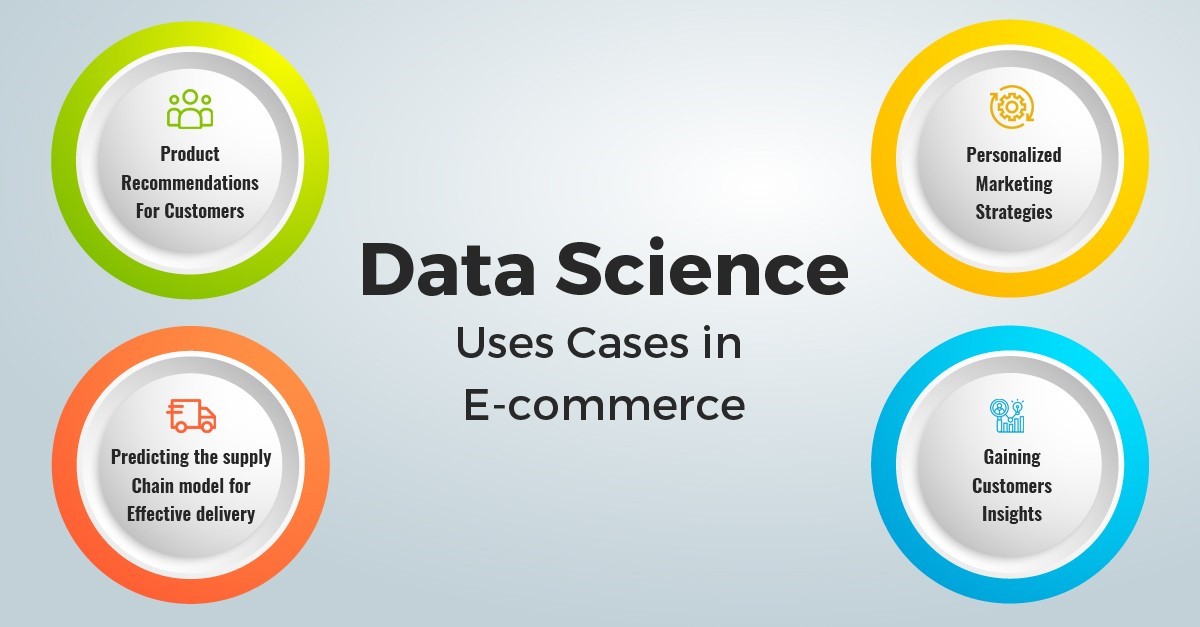
E-commerce platforms leverage data science to implement dynamic pricing strategies, adjusting prices based on factors such as demand, competitor pricing, and customer behavior. This not only maximizes revenue for the platform but also provides customers with personalized and competitive pricing. Additionally, data-driven insights are crucial in enhancing the overall customer journey, from personalized marketing communications to post-purchase support. The seamless integration of data science in e-commerce not only improves operational efficiency but also fosters a more engaging and personalized online shopping experience
6. Educational Insights: Personalized Learning and Performance Analytics
In the field of education, data science is revolutionizing teaching methodologies through personalized learning experiences. Analyzing student performance data allows educators to tailor instructional approaches to individual needs, promoting better understanding and retention of information. Performance analytics provide valuable insights into the effectiveness of teaching methods, allowing for continuous improvement in educational strategies. Furthermore, institutions leverage data science for administrative purposes, optimizing resource allocation, and enhancing overall organizational efficiency.
Beyond individualized learning paths, data science facilitates the development of adaptive learning platforms. These platforms use machine learning algorithms to adjust the difficulty of content based on individual student progress, ensuring a personalized and optimal learning experience. Moreover, data-driven insights play a pivotal role in predicting and preventing student dropout rates, enabling timely interventions to support struggling students. The application of data science in education not only enhances the quality of learning but also contributes to the evolution of pedagogical approaches in response to the diverse needs of students.
7. Transportation Transformation: Traffic Optimization and Predictive Maintenance
In the transportation sector, data science is instrumental in optimizing traffic flow and ensuring the reliability of transportation systems. Through the analysis of traffic patterns and real-time data, cities can implement strategies to reduce congestion and improve overall transportation efficiency. Predictive maintenance, powered by machine learning algorithms, allows for the timely identification of potential issues in vehicles and infrastructure, minimizing downtime and ensuring the safety of passengers. The integration of data science in transportation not only enhances the commuter experience but also contributes to sustainable urban development.
Furthermore, data science plays a crucial role in the development of smart transportation systems. Intelligent algorithms analyze real-time data from sensors, cameras, and GPS devices to optimize traffic signal timings, reroute traffic in case of emergencies, and provide real-time navigation information to commuters. This not only reduces commute times but also contributes to fuel efficiency and lowers carbon emissions. The continuous evolution of data-driven transportation systems exemplifies the transformative impact of data science on urban planning and sustainable mobility.
8. Energy Efficiency: Smart Grids and Predictive Maintenance
Data science is playing a pivotal role in revolutionizing the energy sector, particularly through the implementation of smart grids. By analyzing data from sensors and devices connected to the grid, machine learning algorithms can optimize energy distribution, reduce wastage, and enhance overall efficiency. Predictive maintenance models ensure the timely identification of potential failures in energy infrastructure, minimizing disruptions and improving the reliability of energy supply. The application of data science in the energy sector aligns with the broader goals of sustainability and resource conservation.
Moreover, data science contributes to the development of demand response systems, which dynamically adjust energy consumption based on real-time demand and supply conditions. This not only optimizes energy usage but also promotes a more resilient and responsive energy grid. Additionally, machine learning algorithms are employed to forecast energy demand, facilitating better planning for energy production and distribution. The synergy between data science and the energy sector is driving innovations that are essential for a sustainable and efficient energy future.
9. Manufacturing Marvels: Quality Control and Process Optimization
In the manufacturing industry, data science is deployed for quality control and process optimization. Through the analysis of production data, machine learning models can identify patterns associated with defects or variations in product quality. This proactive approach enables manufacturers to implement real-time adjustments, reducing waste and ensuring that products meet stringent quality standards. Additionally, data science contributes to the optimization of manufacturing processes, enhancing efficiency, and reducing costs. The integration of data science in manufacturing is a cornerstone in the pursuit of lean and agile production methodologies.
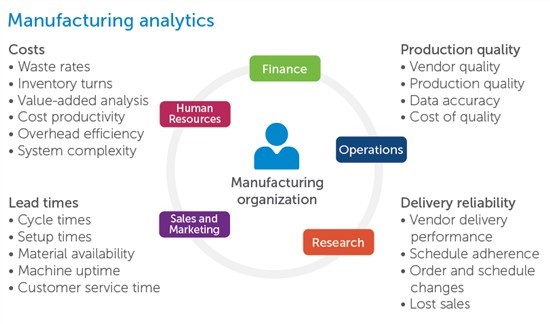
Furthermore, predictive maintenance models play a crucial role in preventing equipment failures and minimizing downtime. By analyzing sensor data from machinery, machine learning algorithms can predict when equipment is likely to fail, allowing for timely maintenance and preventing costly disruptions to the production process. This not only improves overall operational efficiency but also contributes to cost savings and increased competitiveness in the global manufacturing landscape. The marriage of data science and manufacturing exemplifies the transformative impact on product quality, efficiency, and competitiveness.
10. Agricultural Advancements: Precision Farming and Crop Management
Agriculture has witnessed a transformative shift with the integration of data science, leading to the advent of precision farming. Through the analysis of data from sensors, satellites, and weather stations, farmers can make informed decisions regarding crop management. Machine learning models predict optimal planting times, irrigation needs, and potential disease outbreaks, optimizing crop yields and resource utilization. The application of data science in agriculture contributes not only to increased productivity but also to sustainable and environmentally conscious farming practices.
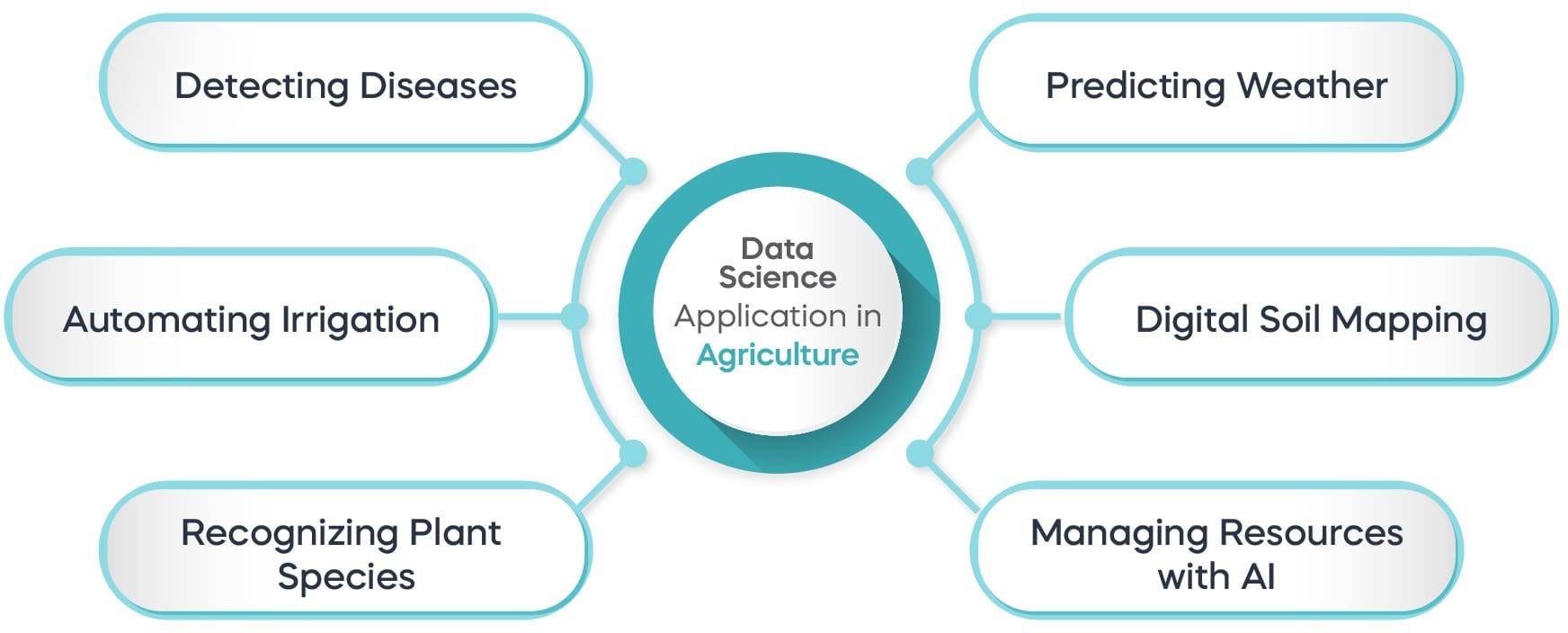
Moreover, data science aids in the development of precision agriculture technologies, such as autonomous tractors and drones equipped with sensors. These technologies gather data on soil health, crop conditions, and pest infestations, allowing for targeted interventions and minimizing the use of pesticides and fertilizers. Additionally, data-driven insights enable farmers to optimize resource allocation, reduce waste, and make more informed decisions about crop selection based on market demand. The convergence of data science and agriculture is ushering in a new era of efficiency, sustainability, and innovation in food production.
11. Space Exploration: Data-Driven Discoveries
Even in the vast expanse of space exploration, data science plays a crucial role in analyzing astronomical data and driving scientific discoveries. With the help of machine learning algorithms, astronomers can sift through massive datasets, identifying celestial objects, and uncovering patterns that may elude manual analysis. Data science is instrumental in the discovery of exoplanets, understanding cosmic phenomena, and unlocking the mysteries of the universe. The marriage of data science and space exploration has opened new frontiers in our quest to understand the cosmos.
Machine learning models analyze data from space telescopes, such as the Hubble Space Telescope and the Kepler Space Telescope, to identify exoplanets by detecting subtle changes in brightness. These models can also classify and categorize different types of celestial objects, providing astronomers with a more efficient and accurate means of exploring the universe.
Additionally, data science contributes to the analysis of cosmic microwave background radiation, shedding light on the early moments of the universe’s formation. The collaboration between astrophysicists and data scientists exemplifies how advanced analytical techniques are expanding our understanding of the cosmos.
12. Environmental Stewardship: Data Science for Conservation
The intersection of data science and environmental conservation is pivotal in monitoring and preserving ecosystems. Through satellite imagery, sensor data, and machine learning models, scientists can track deforestation, monitor wildlife populations, and assess the impact of climate change. Data-driven insights enable policymakers and conservationists to develop strategies for sustainable resource management, biodiversity conservation, and mitigating the effects of environmental degradation. Data science has become an invaluable tool in the hands of environmental stewards working towards a more sustainable and resilient planet.
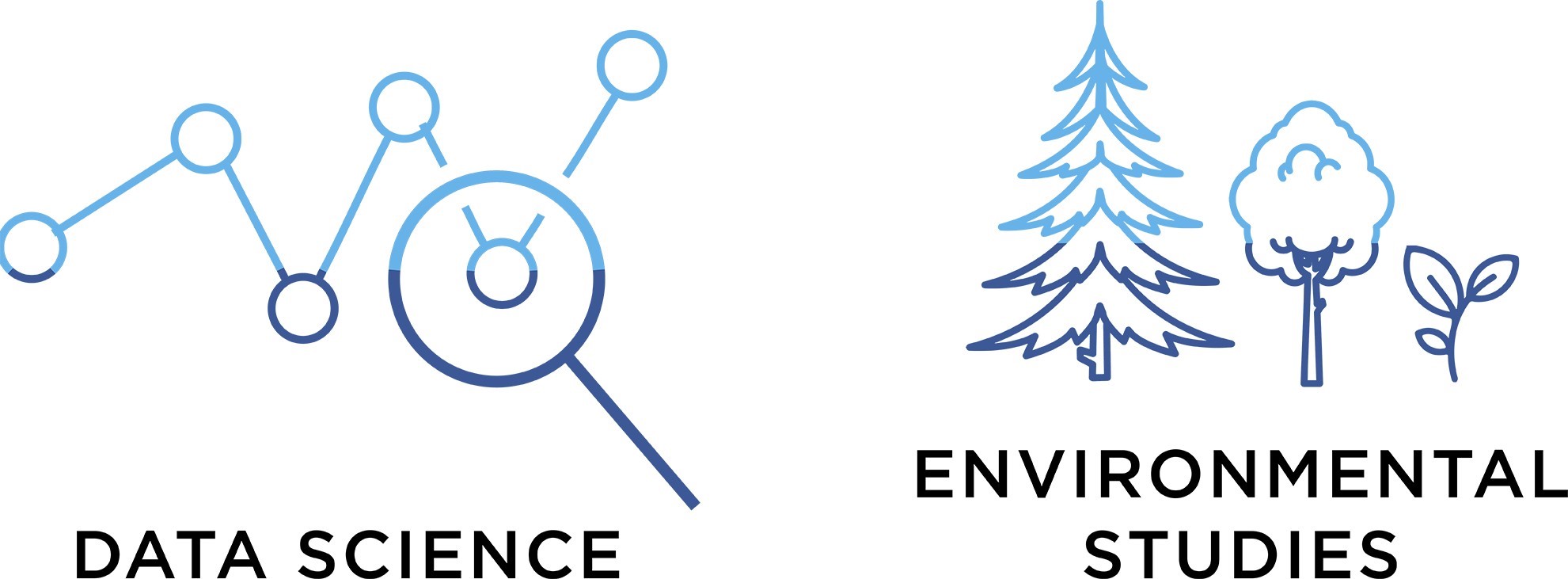
Furthermore, data science is integral to the study of climate change, where models analyze historical climate data to predict future trends and assess the impact of human activities. Machine learning algorithms analyze patterns in biodiversity data to identify areas at risk and prioritize conservation efforts. Additionally, data science facilitates the monitoring of illegal activities such as poaching and deforestation through the analysis of satellite imagery and sensor data. The synergy between data science and environmental conservation is crucial for addressing the complex challenges facing our planet and ensuring the preservation of biodiversity for future generations.
13. Cybersecurity Sentinel: Detecting Threats in Real-Time
In the realm of cybersecurity, data science serves as a vigilant sentinel against evolving threats. Machine learning algorithms analyze network traffic, user behavior, and system logs to detect anomalies indicative of potential security breaches. By leveraging predictive analytics, cybersecurity professionals can anticipate and proactively defend against cyber threats, safeguarding sensitive data and ensuring the integrity of digital systems. The constant evolution of cyber threats necessitates the sophisticated analytical capabilities that data science brings to the forefront of cybersecurity defenses.
Moreover, data science contributes to the development of threat intelligence platforms, where machine learning models analyze vast amounts of data to identify patterns and trends associated with emerging threats. Behavioral analytics, a subset of data science, is employed to detect unusual patterns in user behavior that may indicate a security compromise. Additionally, data science is instrumental in incident response, providing real-time analysis of security events and enabling swift and effective mitigation strategies. The integration of data science in cybersecurity is essential for staying ahead of cyber adversaries and protecting the digital infrastructure of organizations and individuals.
14. Human Resources: Talent Acquisition and Workforce Optimization
In the realm of Human Resources, data science is reshaping traditional approaches to talent acquisition and workforce management. By leveraging data-driven insights, HR professionals can make informed decisions about recruitment, employee engagement, and retention strategies. Machine learning algorithms analyze resumes and candidate profiles to identify the best fit for specific roles, streamlining the hiring process. Additionally, data science enables organizations to optimize workforce management by predicting employee turnover, identifying skill gaps, and fostering a more inclusive workplace culture.
Strategic workforce planning, facilitated by data science, allows HR teams to align organizational goals with the skills and capabilities of their workforce. Analyzing employee performance data helps identify high-performing individuals, facilitating targeted training programs and career development initiatives. The integration of data science in HR practices not only improves the efficiency of talent acquisition but also contributes to building a resilient and agile workforce capable of navigating the complexities of today’s professional landscape.
15. Legal Landscape: Data-Driven Legal Analytics
In the legal domain, data science is making waves by providing legal professionals with powerful tools for decision-making and case analysis. Legal analytics, fueled by machine learning algorithms, enables lawyers to assess the likely outcomes of cases based on historical data and precedents. This data-driven approach enhances legal research, allowing attorneys to craft more effective arguments and strategies. Moreover, data science aids in contract analysis, risk assessment, and compliance monitoring, ensuring organizations navigate legal complexities with precision.
The integration of data science in the legal landscape is not only streamlining routine legal tasks but also contributing to the evolution of legal practices. Predictive modeling assists in anticipating legal trends and potential legal risks, enabling proactive risk management. The use of data science in law underscores its versatility and its ability to augment decision-making processes across diverse professional domains.
Conclusion: Navigating the Data-Driven Future
In conclusion, the applications of data science are far-reaching and continue to redefine the way industries operate and innovate. From finance and healthcare to marketing, social sciences, and beyond, data science is empowering professionals to make informed decisions, optimize processes, and unlock new realms of knowledge. The versatility of data science is evident in its ability to adapt to the unique challenges and requirements of each domain, making it a cornerstone of the data-driven future.
As we navigate this ever-evolving landscape, it is clear that the role of data science will only continue to expand. The insights gleaned from data are becoming increasingly vital for organizations seeking a competitive edge and for researchers striving to unravel the mysteries of their respective fields. Embracing the power of data science is not merely a technological choice but a strategic imperative for those aiming to thrive in a world where data is king.
In this journey of exploration and application, data science stands as a beacon, illuminating the path toward more efficient, informed, and sustainable practices across industries. It is a testament to the transformative potential of harnessing data, ushering in an era where data-driven decision-making becomes the norm rather than the exception. As we look ahead, the intersection of data science and diverse domains promises a future rich with innovation, insight, and unprecedented possibilities.


.png)
.png)

